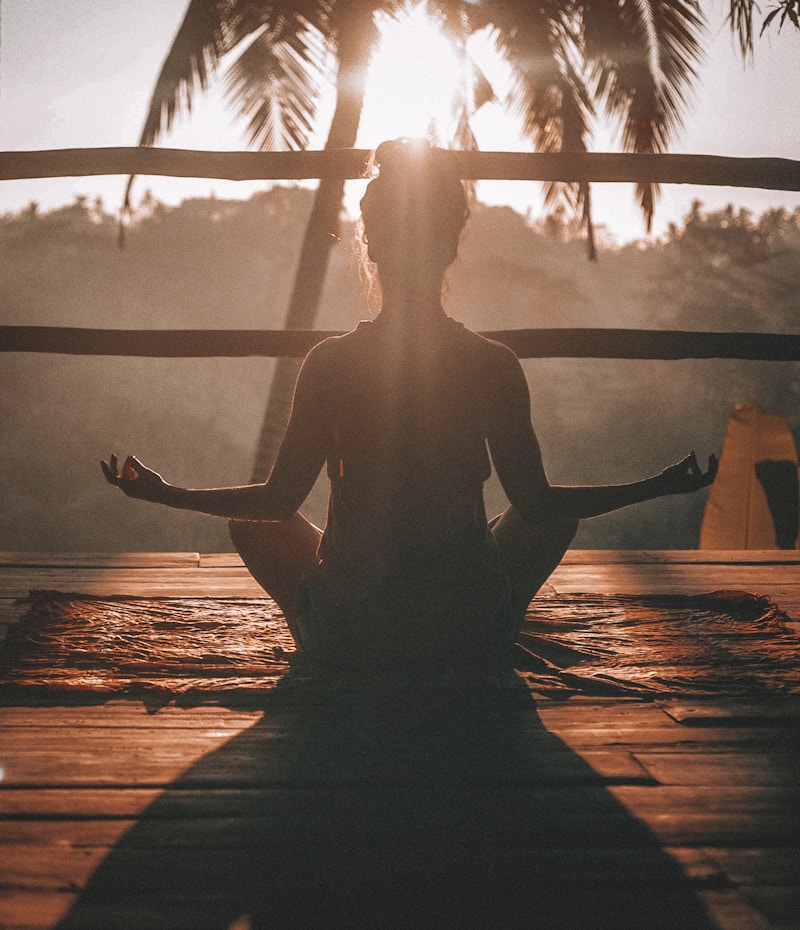Exploring the Significance of Meaningful Rituals and Practices in Our Daily Lives
Understanding Meaningful Rituals and Practices
In today’s fast-paced world, the concept of meaningful rituals and practices has gained renewed attention. These rituals serve as anchors in our daily lives, helping us to engage with our spiritual selves, enhance our mental health, and create a sense of community. In this article, we will delve into different types of meaningful rituals, explore their benefits, and discuss how to integrate them into your life.
The Essence of Rituals
Rituals are more than mere formalities; they hold deep significance and carry cultural, spiritual, or personal meanings. Historically, cultures worldwide have embraced rituals to celebrate milestones, commemorate losses, and connect with the divine. A ritual can be as simple as a morning coffee routine or as elaborate as a wedding ceremony. The importance lies in their ability to create meaning and foster connections.
Types of Meaningful Rituals
There are countless types of rituals, but we can broadly categorize them into several categories:
| Type of Ritual | Description |
| Personal Rituals | These are the rituals conducted individually, focusing on self-care or reflection. Examples include meditation, journaling, or a nightly reading routine. |
| Family Rituals | These rituals involve family members and help strengthen bonds. They can include regular family dinners, game nights, or holiday traditions. |
| Community Rituals | Shared rituals within a community foster unity and connection. Examples include festivals, community service, or local sports events. |
| Religious Rituals | These are defined by established religious practices, such as prayer, worship, or sacraments that provide a spiritual connection. |
The Benefits of Meaningful Rituals
The incorporation of meaningful rituals into your life can have profound effects. Here are some of the key benefits:
1. Enhancing Mental Well-Being
Engaging in rituals can significantly reduce stress and anxiety levels. They provide a sense of predictability and stability, which is particularly important in times of uncertainty. For instance, a morning meditation routine can create a tranquil start to the day, helping to set a positive tone.
2. Building Strong Connections
Rituals, especially those shared with family and communities, foster deeper connections. Participating in common practices reinforces bonds and creates shared memories. Family dinners, for instance, can be a time for storytelling and sharing experiences, strengthening familial ties.
3. Cultivating Identity and Tradition
Meaningful rituals allow individuals to explore and affirm their identities. Through rituals, people can maintain cultural or family traditions, enriching their sense of belonging. Celebrating cultural festivals or passing down family recipes not only honors the past but also instills a sense of pride.
4. Encouraging Reflection and Gratitude
Many rituals incorporate elements of reflection, encouraging mindfulness and gratitude. Taking time to think about what one is thankful for or reflecting on personal growth can foster a more positive outlook on life. Journaling as a nightly ritual, for example, invites introspection and gratitude.
How to Create Your Own Meaningful Rituals
Creating your meaningful rituals is easier than you might think. Here are some steps to get started:
1. Identify Your Intentions
Begin by understanding what you hope to achieve with your rituals. Do you want to reduce stress, connect with family, or honor traditions?
2. Choose Your Rituals
Select rituals that resonate with you. They should invoke feelings of joy, calm, or connectedness. It can be anything from morning yoga to community volunteering.
3. Make It Regular
Consistency is key. Whether it’s a daily meditation session or a monthly family gathering, make it a regular occurrence to instill discipline and deepen its impact.
4. Personalize Your Rituals
Feel free to adapt rituals to best fit your unique circumstances. Modify existing traditions or create entirely new practices that reflect your values and lifestyle.
5. Involve Others
If applicable, invite family or friends to join in your rituals. Shared experiences can create stronger communal bonds and enrich the ritual itself.

Integrating Meaningful Rituals into Your Life
Once you establish your rituals, it’s essential to consistently integrate them into your daily or weekly routines. Life can sometimes derail our plans, but maintaining commitment to these rituals can strengthen your resolve and enhance your overall well-being. Set reminders on your phone, ensure your family is on board, or create a designated space for these practices in your home to encourage regular participation.
Conclusion and Final Considerations
In conclusion, meaningful rituals and practices play a pivotal role in fostering mental well-being, building connections, and creating a sense of identity and belonging. As you navigate through the complexities of modern life, consider incorporating rituals that resonate with you deeply. While the process of establishing new rituals may take time and adjustment, the rewards are immeasurable. Remember that rituals should feel authentic and adaptable; they can evolve as you do. Embrace this journey and enjoy the profound effects that meaningful rituals can bring to your life.